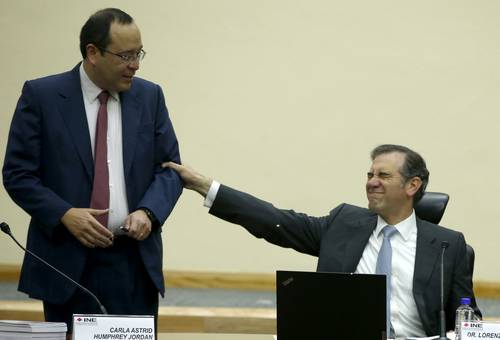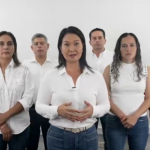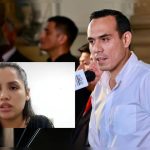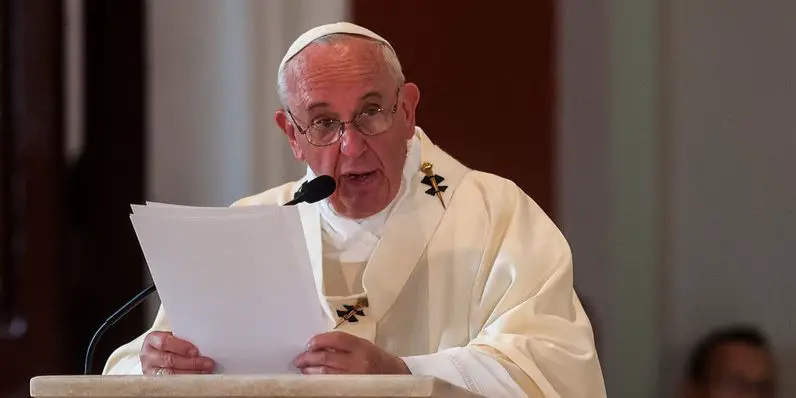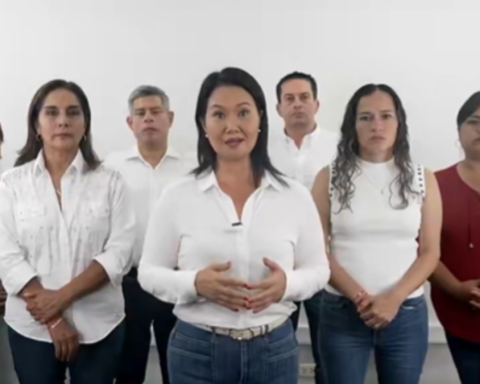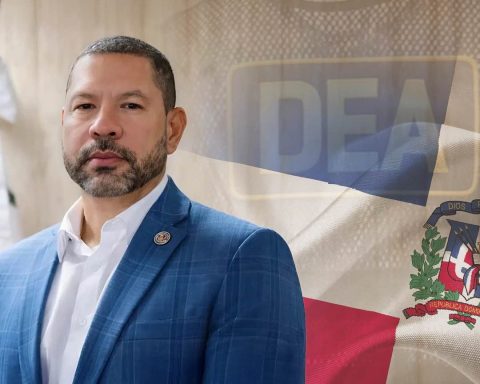▲ The councilors Ciro Murayama and Lorenzo Córdova, yesterday at the INE.Photo Jose Antonio Lopez
Fabiola Martinez and Eduardo Murillo
Newspaper La Jornada
Friday March 10, 2023, p. 9
The National Electoral Institute (INE) asked the Supreme Court of Justice (SCJN) to suspend the application and effects of plan B, while it resolves the merits of the matter claimed in the constitutional controversy delivered yesterday to the highest court.
In this appeal, he challenges 200 articles of the electoral reform for infringe
25 provisions of the Magna Carta related to labor rights of INE employees and political rights of citizens.
Yesterday’s is the second dispute filed by the INE; the first was delivered on February 1 against the changes to the Social Communication Law and the responsibilities of public servants.
It is time for the courts. We trust that the democratic and constitutional order will be restored. #IDefendAlINE
tweeted the president counselor, Lorenzo Córdova.
Meanwhile, Edmundo Jacobo Molina, former executive secretary of the INE, obtained a provisional suspension of his dismissal, ordered in the transitional periods of plan B; However, sources from the electoral body said that the former official will wait to obtain the definitive suspension, within the amparo lawsuit promoted with the purpose of being reinstated. The scope of the suspension could be given this Friday.
Therefore, it fell to Roberto Heycher Cardiel, in charge of the office of the executive secretariat, to present the constitutional controversy, integrated into 444 pages plus the annexes.
This second controversy is against the decree by which the General Law of Electoral Institutions and Procedures, the General Law of Political Parties, the Organic Law of the Judicial Power of the Federation and the issuance of the General Law of the Means of Challenge in Electoral Matters published in the Official Gazette of the Federation on March 2, 2022.
In a statement, the INE noted that through this resource The institute defends not only its autonomy, but also the democratic state established in the supreme norm, in the face of the accumulation of constitutional violations detected in almost 200 articles of the reform that violate 25 constitutional provisions
.
The controversy is articulated in four axes. First: the violation of due legislative process by the Congress of the Union, that, in frank fraud of the law, impacted on the democratic quality of the reform, since it gave urgent processing to an initiative that by legal provision could not be submitted to it, did not respect the principle of publicity, much less the deliberative one that governs to the legislative body, preventing the participation of all political forces with parliamentary representation
.
The second refers to the independence of the INE before the Legislative and Executive powers, which, in his opinion, was invaded.
The third axis refers to the violation of the conditions that affect the certainty of the elections.
Finally, the institute claimed damages to its staff, for the dismantling of the organic structure
; He affirms that almost 85 percent of the positions in the electoral professional service will be eliminated.
The INE trusted that the SCJN will restore the constitutional order, by determining the invalidity of the reform
.
Meanwhile, Minister Alberto Pérez Dayán admitted another 17 constitutional controversies against the first phase of plan B, promoted by municipalities of Coahuila, state of Mexico, Nuevo León, Sonora and Michoacán.
The complainant municipalities affirm that the reforms to the general laws of Social Communication and Administrative Responsibilities violate the constitutional principle of free municipality.
Thus, there are 56 constitutional controversies admitted for processing in the SCJN on the subject.
